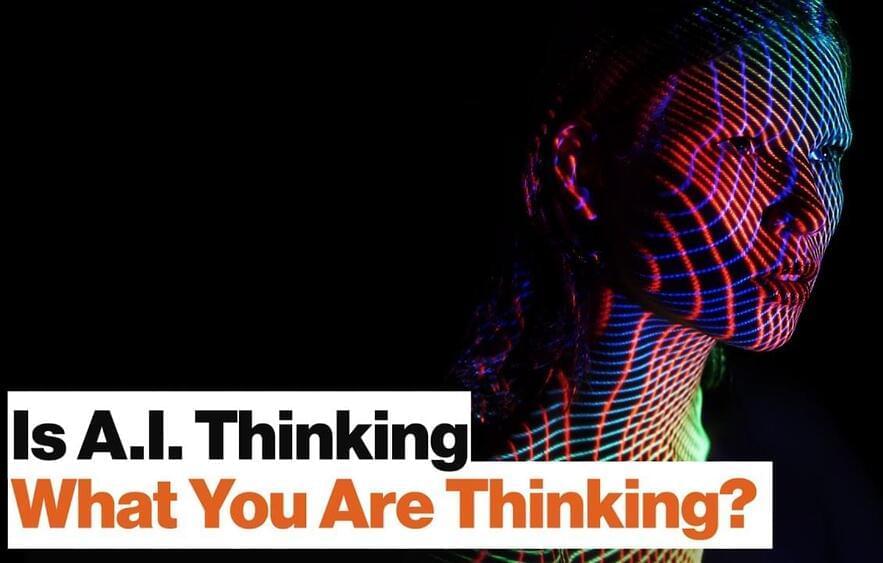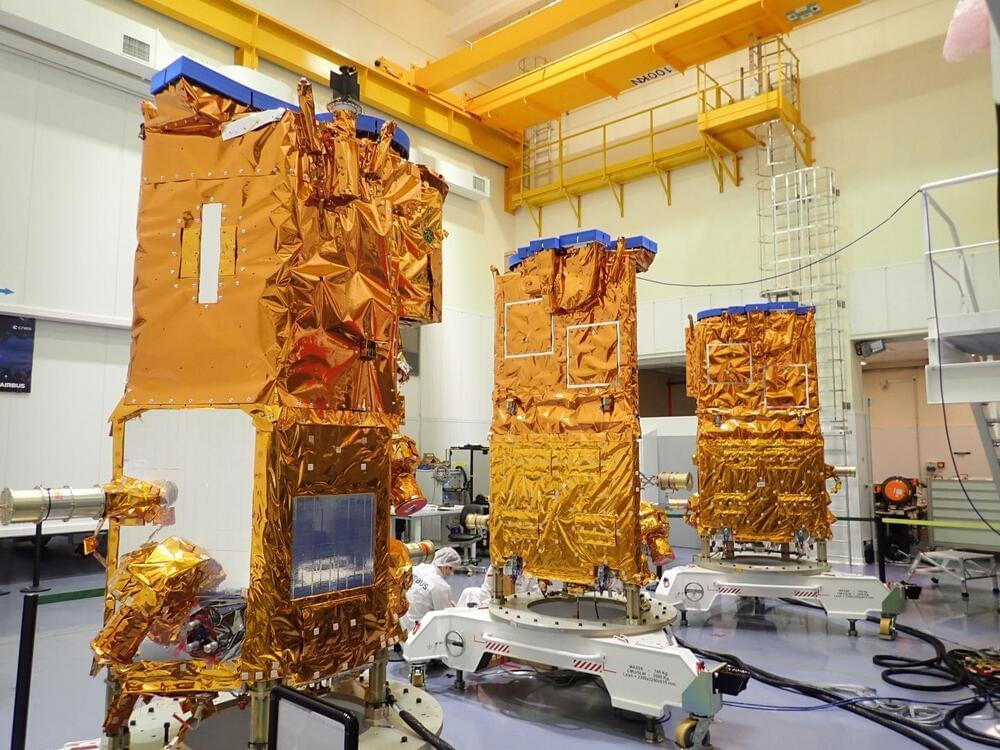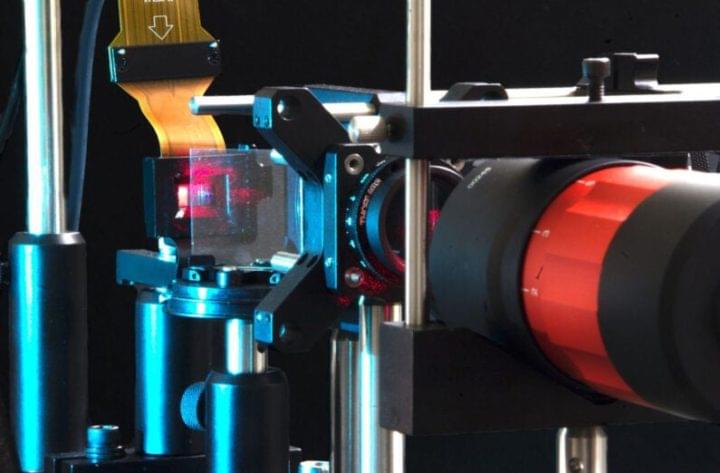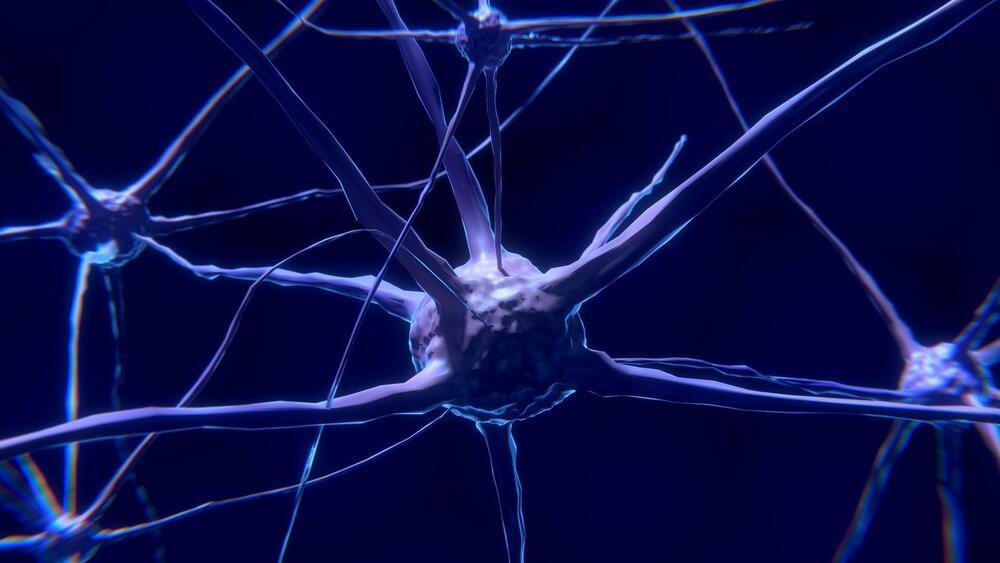Nov 20, 2021
Mike Suffredini talks Axiom module additions to ISS, ensuring no gap in LEO station access
Posted by Alberto Lao in category: space
It is a lesson the U.S. space program has had to learn many times over: don’t voluntarily give up a space capability without having a successor ready to go or already operational.
But for the ISS (International Space Station), a gap in LEO (low Earth orbit) scientific research capability will likely not occur when the iconic outpost ends its career, whenever that may be.
And that is in large part due to Axiom, a private space organization with private funding that will begin adding modules to the ISS in 2024 — with the goal that those added modules will then be easily disconnected from the ISS at the end of its life, thus ensuring no gap in low Earth orbit space station capability for the United States.


















